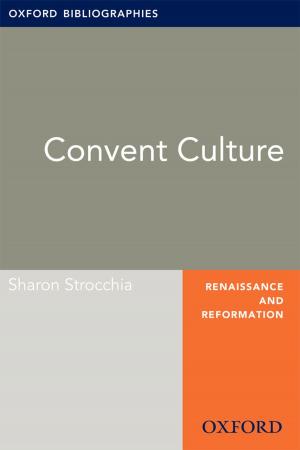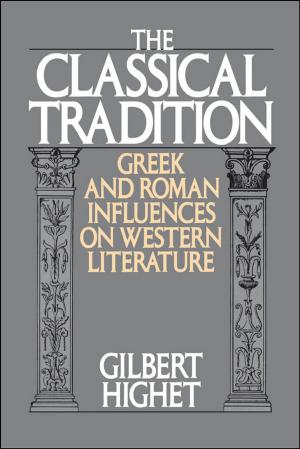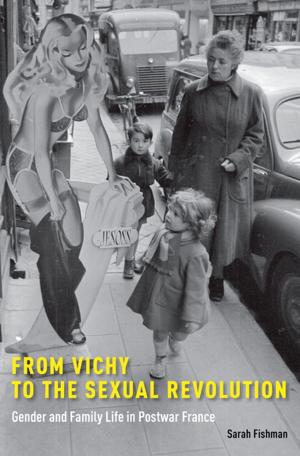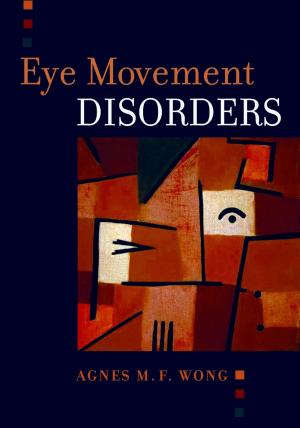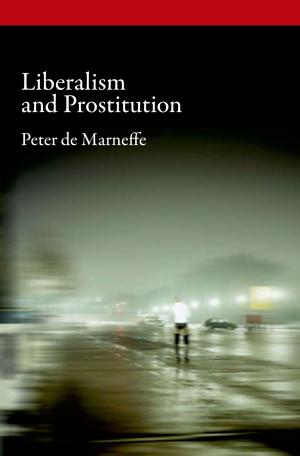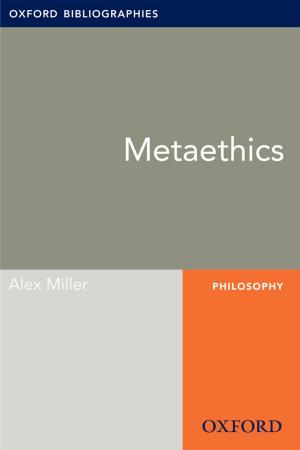Postmodernism in Pieces
Materializing the Social in U.S. Fiction
Fiction & Literature, Literary Theory & Criticism, American| Author: | Matthew Mullins | ISBN: | 9780190619114 |
| Publisher: | Oxford University Press | Publication: | July 1, 2016 |
| Imprint: | Oxford University Press | Language: | English |
| Author: | Matthew Mullins |
| ISBN: | 9780190619114 |
| Publisher: | Oxford University Press |
| Publication: | July 1, 2016 |
| Imprint: | Oxford University Press |
| Language: | English |
Postmodernism in Pieces performs a postmortem on what is perhaps the most contested paradigm in literary studies. In the wake of a critical consensus proclaiming its death, Matthew Mullins breaks postmodernism down into its most fundamental orthodoxies and reassembles it piece by piece in light of recent theoretical developments in Actor-Network-Theory, object-oriented philosophy, new materialism, and posthumanism. In the last two decades postmodernism has collapsed under the weight of the very phenomena it set out to deconstruct: language, whiteness, masculinity, class, the academy. Recasting these categories as social constructs has done little to alleviate their material effects. Through detailed analyses of everyday objects in novels by Leslie Marmon Silko, Toni Morrison, Jonathan Lethem, John Barth, David Foster Wallace, Don DeLillo, and Julia Alvarez, Mullins argues that what makes fiction postmodern is its refusal to accept "social" explanations for problems facing a given culture, and its tendency instead to examine everyday things and people as constituent pieces of larger networks. The result is a new story of postmodernism, one that reimagines postmodernism as a starting point for a new mode of literary history rather than a finish line for modernity.
Postmodernism in Pieces performs a postmortem on what is perhaps the most contested paradigm in literary studies. In the wake of a critical consensus proclaiming its death, Matthew Mullins breaks postmodernism down into its most fundamental orthodoxies and reassembles it piece by piece in light of recent theoretical developments in Actor-Network-Theory, object-oriented philosophy, new materialism, and posthumanism. In the last two decades postmodernism has collapsed under the weight of the very phenomena it set out to deconstruct: language, whiteness, masculinity, class, the academy. Recasting these categories as social constructs has done little to alleviate their material effects. Through detailed analyses of everyday objects in novels by Leslie Marmon Silko, Toni Morrison, Jonathan Lethem, John Barth, David Foster Wallace, Don DeLillo, and Julia Alvarez, Mullins argues that what makes fiction postmodern is its refusal to accept "social" explanations for problems facing a given culture, and its tendency instead to examine everyday things and people as constituent pieces of larger networks. The result is a new story of postmodernism, one that reimagines postmodernism as a starting point for a new mode of literary history rather than a finish line for modernity.




